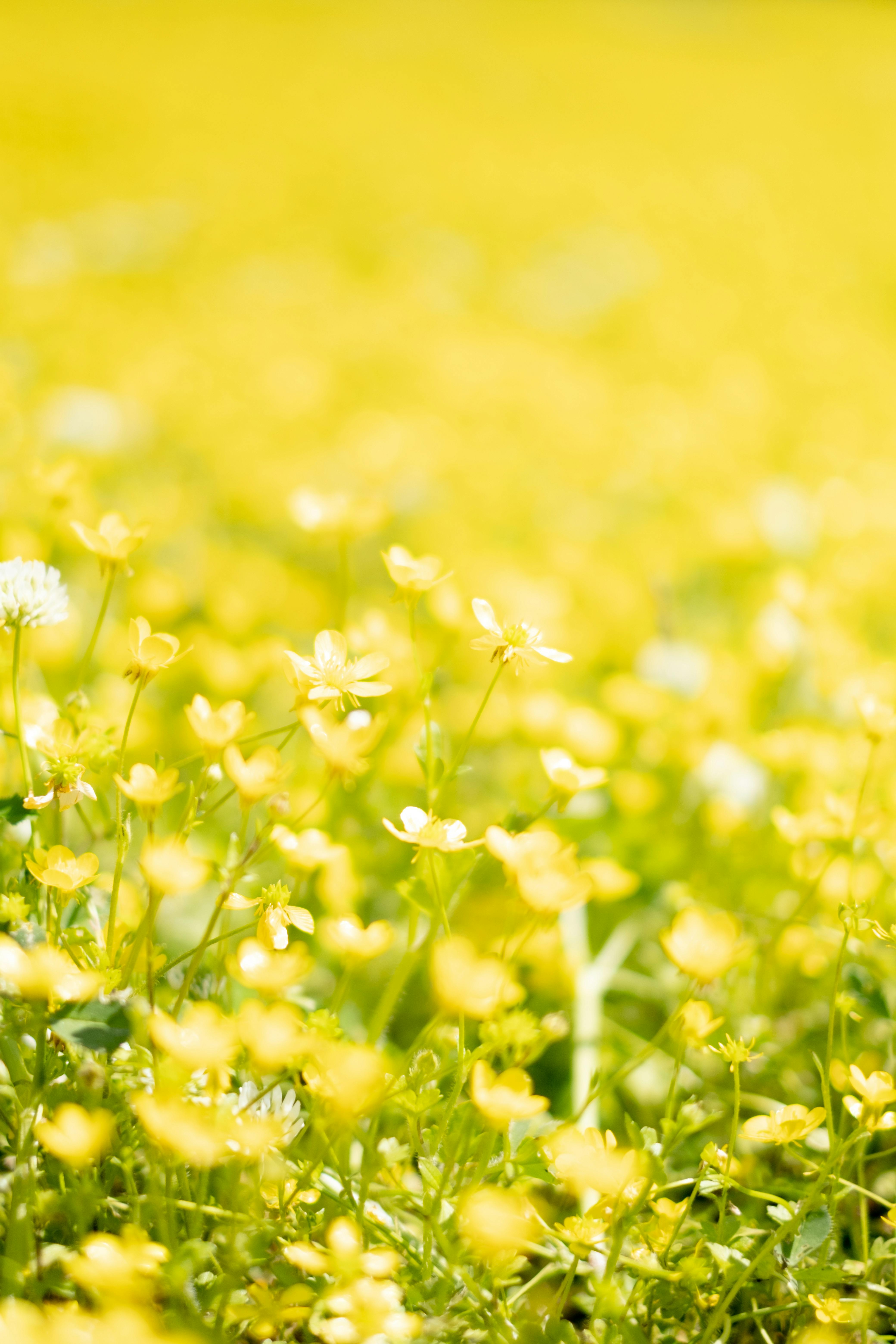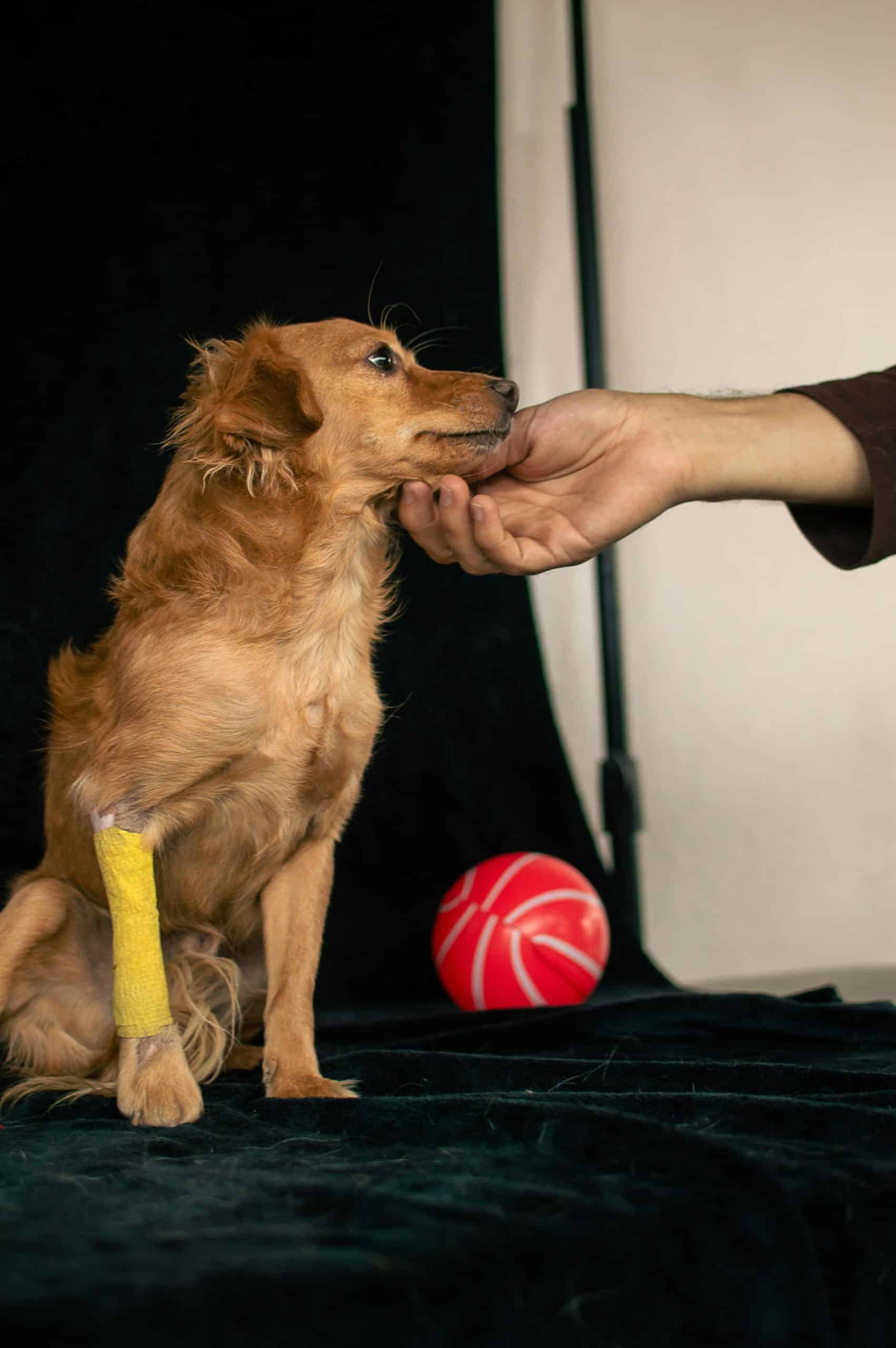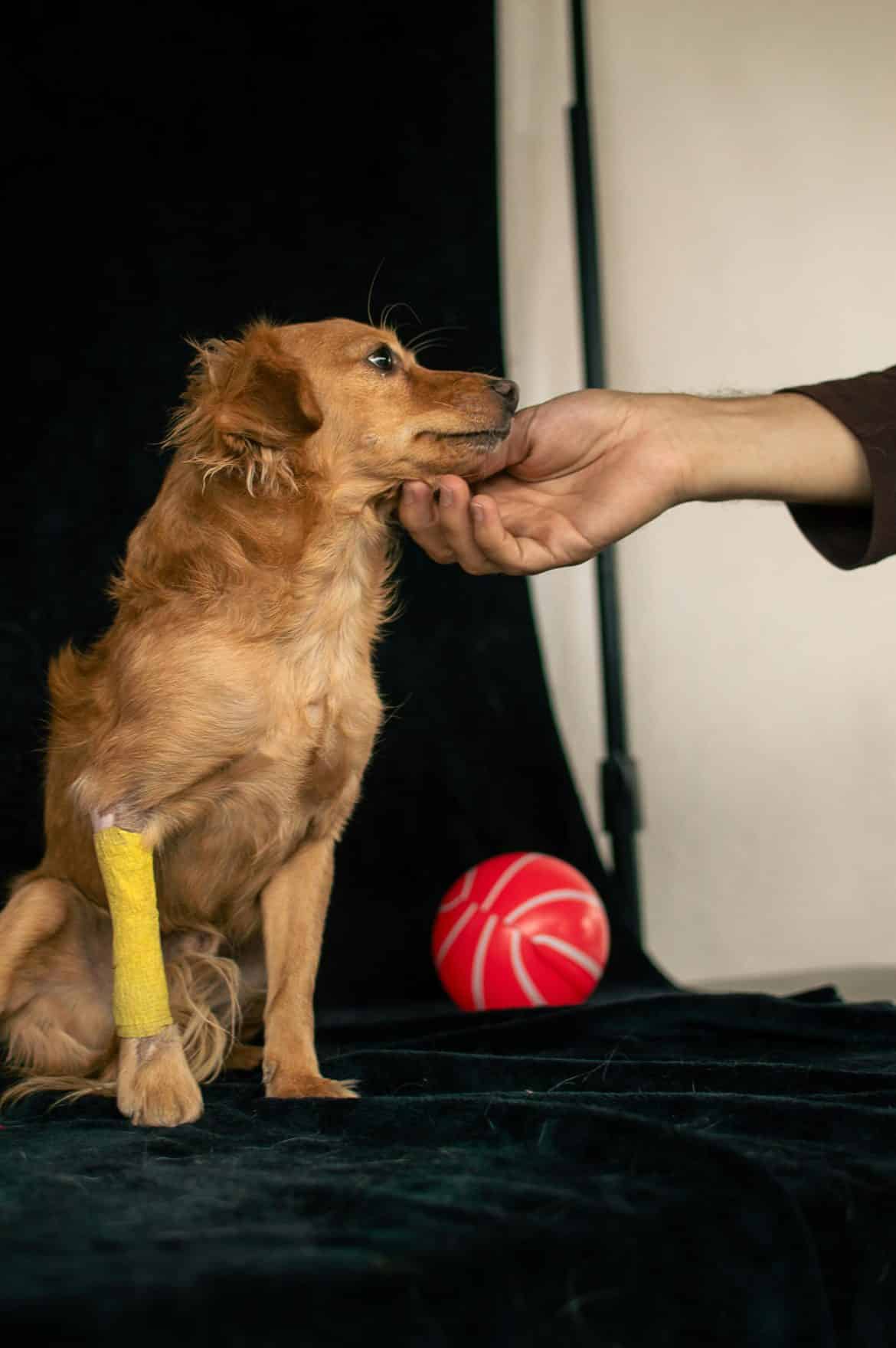If you've ever wondered why your adorable furry companion seems to suddenly become bigger in a matter of weeks, then you're not alone. Puppies, just like human babies, go through growth spurts as they develop into their adult size. These growth spurts are fascinating and can sometimes catch pet owners off guard, but understanding the reasons behind them can help provide some insight into this adorable phenomenon. So, let's explore why puppies go through growth spurts and what you can expect during this exciting time in your canine friend's life.
Physical Development of Puppies
Puppies, just like human babies, go through various growth stages as they develop into adulthood. These growth stages are crucial for their overall physical development and involve significant changes in their bodies. Understanding these growth stages and the factors that influence them is essential for providing proper care and ensuring the healthy development of your furry friend.
Growth Stages in Puppies
The growth stages in puppies can be broadly categorized into three main phases: neonatal, juvenile, and adolescent. The neonatal stage is the first two weeks after birth, during which puppies are completely dependent on their mother for nourishment and care. The juvenile stage typically begins around three weeks and lasts until they reach sexual maturity, which is usually between six to nine months. Lastly, the adolescent stage spans from sexual maturity until the puppy reaches full physical and mental maturity, which can take around 12 to 24 months depending on the breed.
Definition of Growth Spurts
Growth spurts refer to periods of rapid growth that occur during puppyhood. These spurts are marked by sudden and significant increases in weight, height, and overall size. Growth spurts are a natural and necessary part of puppy development, allowing them to achieve their adult size and shape. During these periods, the body rapidly produces new cells and tissues, resulting in noticeable physical changes.
Factors Influencing Growth Spurts
Several factors can influence the occurrence and intensity of growth spurts in puppies. Genetics play a significant role, as different breeds have distinct growth patterns and potential adult sizes. Nutrition also plays a crucial role, as a balanced diet with appropriate nutrients supports healthy growth. Hormonal factors, such as the secretion of growth hormones, can also impact the timing and intensity of growth spurts. Additionally, environmental factors, such as exercise levels and stress levels, can influence growth spurts in puppies.
Understanding Growth Spurts
Growth spurts can be defined as periods of accelerated growth characterized by rapid increases in height, weight, and size. These periods are essential for puppies to reach their full physical potential. Growth spurts are typically accompanied by increased appetite and energy levels, as the body needs more fuel to support the rapid growth. You may notice that your puppy seems more active and playful during these periods, displaying bursts of energy and enthusiasm.
Timing of Growth Spurts in Puppies
The timing of growth spurts can vary among different dog breeds and individual puppies. However, most puppies experience their rapid growth phases in the first few months of life, usually between the ages of three to six months. During this time, you may observe your puppy growing noticeably larger and gaining weight more rapidly. It is important to note that growth spurts may not occur linearly and can be influenced by various factors, such as genetics, diet, and overall health.
Signs of Growth Spurts
There are several signs that can indicate your puppy is going through a growth spurt. One noticeable sign is a sudden increase in appetite, as the puppy's body requires more nutrition to support the rapid growth. You may also observe that your puppy's limbs appear longer and their body proportions start to change. Additionally, you may notice that your puppy's energy levels are higher than usual and they may display increased playfulness and curiosity. It is crucial to provide appropriate care and nutrition during these periods to support their growth and development.

This image is property of images.pexels.com.
Nutritional Factors
Proper nutrition is vital for the healthy growth and development of puppies. A balanced diet that meets their nutritional requirements is key to ensuring they reach their full potential during growth spurts. Puppies have specific dietary needs, including a higher amount of protein, vitamins, and minerals, to support their rapid growth. Providing a high-quality puppy food that is specifically formulated to meet their nutritional needs is essential during these critical growth stages.
Importance of Proper Nutrition
Proper nutrition is crucial for the overall health and development of puppies. During growth spurts, the demand for nutrients increases as the puppy's body rapidly builds new tissues and bones. Adequate nutrition supports the development of strong muscles, healthy bones, and a robust immune system. It is important to feed puppies with high-quality puppy food that is appropriate for their specific breed size, age, and activity level. This ensures they receive the right balance of nutrients required for optimal growth and development.
Role of Diet in Growth and Development
The diet plays a significant role in supporting the healthy growth and development of puppies. A well-balanced diet provides the necessary building blocks for the formation of bones, muscles, and organs. Proteins are essential for muscle development, while calcium and phosphorus are crucial for the formation of strong bones and teeth. Additionally, vitamins and minerals play a vital role in various metabolic processes, ensuring that the puppy's body functions optimally during growth spurts.
Nutritional Requirements During Growth Spurts
During growth spurts, puppies have increased nutritional requirements to support their rapid growth. It is important to provide a diet that is specifically formulated to meet these increased needs. Consult with your veterinarian to determine the appropriate type and amount of food for your puppy. They can guide you in selecting a high-quality puppy food that provides adequate protein, nutrients, and a balanced ratio of calcium and phosphorus. Regularly monitoring your puppy's weight and body condition can also help ensure they are receiving the right amount of nutrition during growth spurts.
Hormonal Influence
Hormones play a crucial role in regulating growth and development in puppies. Various hormones, such as growth hormone, thyroid hormone, and sex hormones, impact the timing and intensity of growth spurts. These hormones are responsible for stimulating cell division, bone growth, and overall physical maturation. Understanding the hormonal changes that occur during growth spurts can provide valuable insights into the puppy's development.
Role of Hormones in Growth
Growth hormones, secreted by the pituitary gland, play a vital role in stimulating the growth and development of puppies. These hormones promote cell division and differentiation, supporting the growth of bones, muscles, and organs. Additionally, thyroid hormones play a crucial role in regulating metabolic processes and overall growth. Sex hormones, such as estrogen and testosterone, are also involved in the physical maturation of puppies.
Effects of Hormones on Growth Spurts
Hormones significantly influence the occurrence and intensity of growth spurts in puppies. The secretion of growth hormones and thyroid hormones increases during growth spurts, promoting rapid bone growth and overall physical development. Sex hormones, on the other hand, contribute to the development of secondary sexual characteristics, such as muscle mass and body size. These hormonal changes work in tandem to ensure that puppies reach their full physical potential during growth spurts.

This image is property of images.pexels.com.
Hormonal Changes During Growth Spurts
During growth spurts, there are notable hormonal changes occurring in puppies. The secretion of growth hormones increases, stimulating the growth of bones, muscles, and organs. Thyroid hormones, which regulate metabolic processes, are also elevated during these periods to support the rapid growth. Additionally, the onset of sexual maturity triggers the secretion of sex hormones, further influencing the physical development during growth spurts. These hormonal changes coordinate the puppy's growth and ensure a smooth transition from puppyhood to adulthood.
Bone and Muscle Development
The development of bones and muscles is a crucial aspect of growth spurts in puppies. As puppies go through growth spurts, their bones grow in length and density, while muscles increase in size and strength. Proper bone and muscle development is essential for the puppy's overall physical well-being and ensures they have a strong and healthy structure.
Importance of Bone and Muscle Growth
Bone and muscle growth are vital components of a puppy's physical development. Strong bones provide a sturdy framework for the body, support movement, and protect vital organs. Adequate muscle growth, on the other hand, ensures the puppy has the strength and agility necessary for various physical activities. During growth spurts, the body prioritizes bone and muscle development to provide a solid foundation for the puppy's lifelong health and mobility.
Physical Changes during Growth Spurts
During growth spurts, you may notice several physical changes in your puppy. One notable change is the increase in height, accompanied by a noticeable gain in weight. The limbs may appear longer, and the body proportions may start to change, as the legs catch up with the rest of the body. These physical changes contribute to the puppy's overall growth and are signs that they are progressing through their growth stages.
Development of Skeletal System
The skeletal system plays a crucial role in a puppy's growth and development. As puppies go through growth spurts, their bones grow in length and thickness, gradually reaching their adult size and shape. The development of the skeletal system is a coordinated process involving bone formation, remodeling, and the strengthening of the joints. Adequate nutrition, especially a balanced intake of calcium and phosphorus, is essential for proper bone development during growth spurts.
Behavioral Changes
Growth spurts can have a significant impact on a puppy's behavior. As their bodies undergo rapid physical changes, their energy levels and activity may increase. Understanding these behavioral changes and providing appropriate care and training can help manage the effects of growth spurts on their behavior.
Impact of Growth Spurts on Behavior
Growth spurts can affect a puppy's behavior in various ways. Due to the increased energy levels and higher metabolic rates during growth spurts, puppies may display bursts of energy and become more playful and exuberant. They may engage in more exploratory behavior and seek out opportunities for physical activity. It is essential to provide appropriate outlets for their energy and ensure they receive adequate exercise during this time.

This image is property of images.pexels.com.
Energy Levels and Activity
During growth spurts, puppies may have higher energy levels and a greater need for physical activity. Taking your puppy for regular walks or engaging them in interactive games can help burn off excess energy and prevent destructive behavior. Providing mentally stimulating activities, such as puzzle toys or training sessions, can also help channel their energy in a productive way. Despite their increased activity levels, it is important to avoid overexerting them, as puppies are still developing and may be prone to injuries.
Socialization and Training
Growth spurts can be an opportune time for socialization and training. Puppies may be more receptive to new experiences and learning during these periods. Exposing them to various social situations, such as meeting new people, animals, and environments, can help them develop into well-rounded adults. Basic training exercises, such as obedience commands and leash training, can also be introduced during growth spurts to establish positive behaviors and routines.
Physical Signs of Growth Spurts
There are several physical signs that indicate a puppy is going through a growth spurt. One noticeable sign is a significant increase in weight and height within a relatively short period. These sudden growth spurts may cause the puppy's body to appear slightly awkward as their limbs catch up with their rapidly growing body. Additionally, you may observe changes in their body proportions, such as a longer and leaner appearance. The development of teeth and jaws is another physical sign of growth spurts, as puppies start losing their baby teeth and getting their permanent teeth.
Increase in Weight and Height
During growth spurts, puppies may experience rapid weight and height gain. This increase can be quite noticeable, especially within a short period. Their body becomes more elongated as their limbs grow to keep up with the rest of their body. It is important to monitor their weight gain and ensure it is within a healthy range. Consult with your veterinarian to determine the ideal weight for your puppy's breed and age.
Changes in Body Proportions
As puppies go through growth spurts, their body proportions may start to change. Their legs may appear longer and thinner as their skeletal system grows, and their overall body catches up with their rapidly elongating limbs. Additionally, their head and torso may seem smaller in comparison to their growing limbs. These changes are a normal part of the growth process and contribute to the puppy's transformation from a small, chubby baby into a lean and well-proportioned adult.
Development of Teeth and Jaws
Dental development is another physical sign of growth spurts in puppies. During these periods, puppies start losing their baby teeth, also known as deciduous teeth, and their permanent teeth begin to come in. You may notice your puppy chewing on various objects to relieve discomfort during this time. Providing appropriate chew toys can help soothe their gums and facilitate the natural shedding of baby teeth. Regular dental care, including brushing their teeth, is important to ensure the healthy development of their permanent teeth and gums.
Health Considerations
Monitoring your puppy's health is essential during growth spurts. While growth spurts are a normal part of their development, certain health issues can arise during these periods. Regular veterinary check-ups and proper care can help prevent or address any potential health concerns.
Monitoring the Puppy's Health
During growth spurts, it is crucial to monitor your puppy's overall health and well-being. Keep an eye on their eating habits, weight gain, and energy levels. Sudden changes in appetite, excessive weight gain or loss, or signs of lethargy may indicate underlying health issues. Be attentive to any signs of discomfort, lameness, or difficulty moving, as these could be indicative of musculoskeletal issues. Regularly inspect their teeth and gums, as dental problems can also arise during growth spurts. If you notice any concerns, consult your veterinarian for a thorough examination and appropriate treatment.
Potential Health Issues during Growth Spurts
While growth spurts are generally a healthy and necessary part of a puppy's development, certain health issues can arise during these periods. Excessive growth or a rapid increase in size can put additional stress on the puppy's bones and joints, potentially leading to developmental orthopedic diseases, such as hip dysplasia or elbow dysplasia. Nutritional imbalances or deficiencies can also impact growth and potentially lead to problems. Regular veterinary check-ups and feeding a balanced diet can help mitigate these risks and ensure your puppy's healthy growth and development.
Regular Veterinary Check-ups
Regular veterinary check-ups are crucial for monitoring your puppy's growth and overall health. Your veterinarian can assess their growth rate, weight, and body condition, ensuring they are on track for healthy development. They can also address any concerns or questions you may have regarding your puppy's growth spurts. Vaccinations, parasite prevention, and general healthcare advice can also be discussed during these check-ups. By maintaining a good veterinarian-patient relationship, you can ensure your puppy receives the best possible care during their growth spurts.
Managing Growth Spurts
Proper management of growth spurts is essential to support the healthy growth and development of your puppy. By taking certain measures, such as providing adequate nutrition, promoting physical activity, and avoiding overexertion, you can help them navigate through growth spurts smoothly.
Providing Adequate Nutrition
During growth spurts, it is crucial to provide your puppy with adequate nutrition to support their rapid growth. Opt for high-quality puppy food that meets their specific nutritional requirements. Consult with your veterinarian to determine the appropriate feeding regimen, taking into account their breed, size, age, and activity level. Ensure that their diet includes the right balance of proteins, carbohydrates, healthy fats, vitamins, and minerals to support their overall growth and development.
Exercise and Physical Activity
Regular exercise and physical activity are important during growth spurts. Engaging your puppy in moderate exercise helps promote muscle development, bone strength, and overall fitness. Short walks, interactive play sessions, and supervised off-leash play can provide the necessary physical stimulation. However, it is crucial to avoid overexertion and excessive impact on their developing bones and joints. Consult with your veterinarian to determine the appropriate exercise routine based on your puppy's breed, age, and overall health.
Avoiding Overexertion
While regular exercise is important, it is equally crucial to avoid overexertion during growth spurts. Puppies' bodies are still developing, and excessive strain or pressure on their bones and joints can lead to musculoskeletal issues. Avoid intense exercise routines, such as long-distance running or high-impact activities, until your puppy has fully matured. Gradually increase exercise intensity and duration as they grow older and their bones and joints become stronger. It is always best to consult with your veterinarian to ensure you are providing appropriate levels of exercise for your puppy during growth spurts.
Conclusion
Understanding the growth spurts of puppies is essential for providing them with the care and support they need during their vital development stages. Growth spurts are natural and necessary for puppies to reach their full physical potential. By providing proper nutrition, promoting physical activity, and closely monitoring their health, you can help ensure a healthy and well-rounded puppy. Remember to consult with your veterinarian regularly to address any concerns and ensure your furry friend's growth and development is on the right track. With your love and guidance, your puppy will grow into a happy and healthy adult dog.


